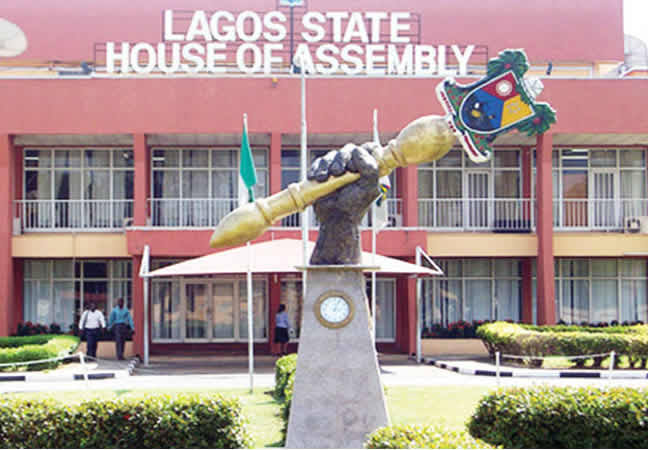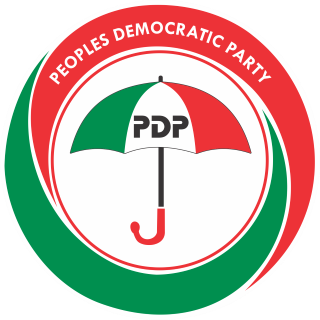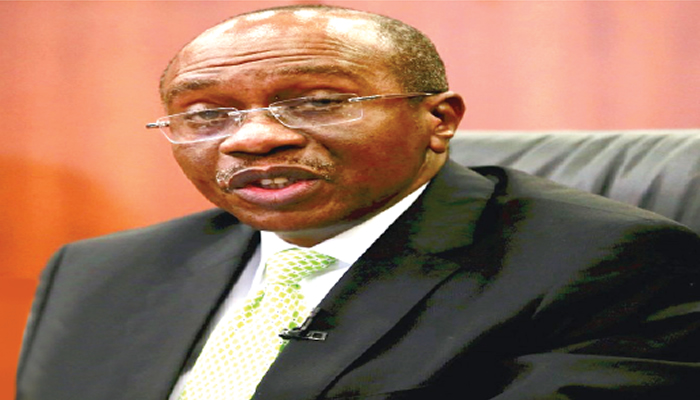Senator Ned Nwoko (PDP-Delta North) has criticised the recent sack of 317 workers of the Central Bank of Nigeria and urged the Senate to investigate the purge.
Nwoko told the News Agency of Nigeria on Tuesday in Abuja that the sack was “too hasty”, hence the need to probe the circumstances around it.
He alleged that the apex bank did not consult with relevant stakeholders, including labour unions, before the exercise.
“The Senate should mandate its committees on Employment, Labour and Productivity, as well as that of Public Service Matters, to investigate the terminations.
“The committees should focus on the rationale behind the action, compliance with labour laws, and the broader socio-economic impact of the exercise,” he said.
Nwoko explained further: “Between March 15 and April 11, 2024, the CBN sacked 117 staff members.
“On May 24, the CBN sacked an additional 200 staff members, bringing the total number to 317.
“From my findings, those mostly affected were directors, deputy directors, assistant directors, principal managers, senior managers and some lower workers.
“The letters issued to the affected staff, including one dated May 24, from the Human Resources Department, cited the need to reorganise the organisation for effective operations, as the reason for the sack.
“The letter had no further details. It did not offer specific reasons for the dismissal of each staff member.”
Nwoko expressed fears that the principles of fairness and justice might have been compromised in the exercise.
He opined that the “sudden termination will hurt the economic stability of the workers’ families”.
Efforts to obtain CBN’s reaction to Nwoko’s claims proved abortive, but a top source, pleading anonymity, confirmed that some workers of the apex were recently laid off, but declined further details.
Impeccable sources who are staff of the bank confirmed to the sack on Friday, May 24, saying that those sacked are not less than 200.
According to reports, The sack letter sent by the Human Resources Department on May 24, 2024, stated that the policy was to reorganise the organisation for more effective operations.
NAN







